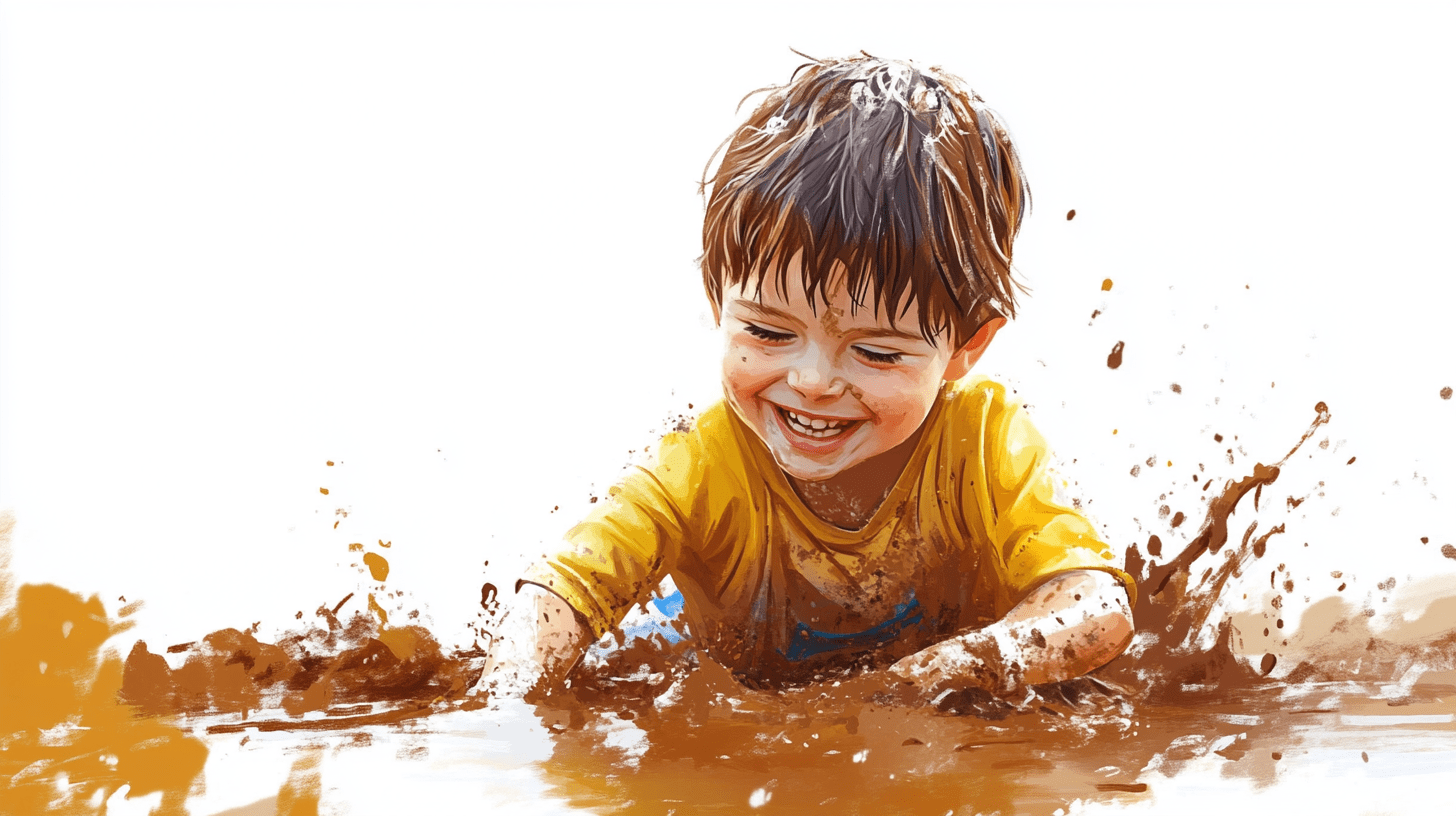Back in the day, kids got dirty way more often. They played outside rain or shine. Playing in the mud was seen as a normal childhood activity. It was a common belief that getting dirty was “good for kids” and researchers agree (with some guidelines, of course). Let’s talk about some caveats first, and then go into 10 reasons that children should play in the mud!
Contaminated Play Areas are BAD
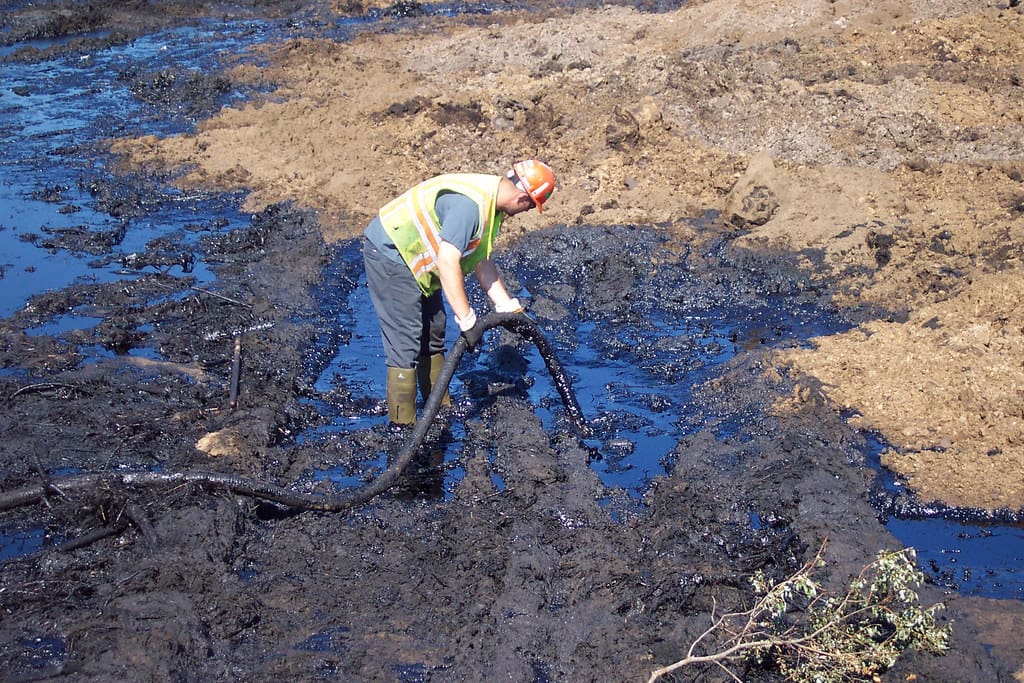
Before we get into all of the reasons it is healthy for kids to play in the mud, let’s go over the obvious caveats. Kids should never play in areas contaminated with human or animal waste or hazardous chemicals. Nothing about playing in contaminated mud is healthy. The kinds of bacteria, microbes, and chemicals found in contaminated areas can be extremely damaging to a child’s health. Please don’t allow your children to play in any kind of contaminated mud.
Find a Clean Play Area

Parents should find clean play areas for their children. It may be a small garden in the backyard or a clean, natural neighborhood park. It may even be a designated area boxed off like a sandbox. There are soil testing kits available that parents can use to check the area beforehand. It’s always better to be safe than sorry. And let us reiterate on last time for good measure — never let children play in contaminated areas.
Wash Up Afterward
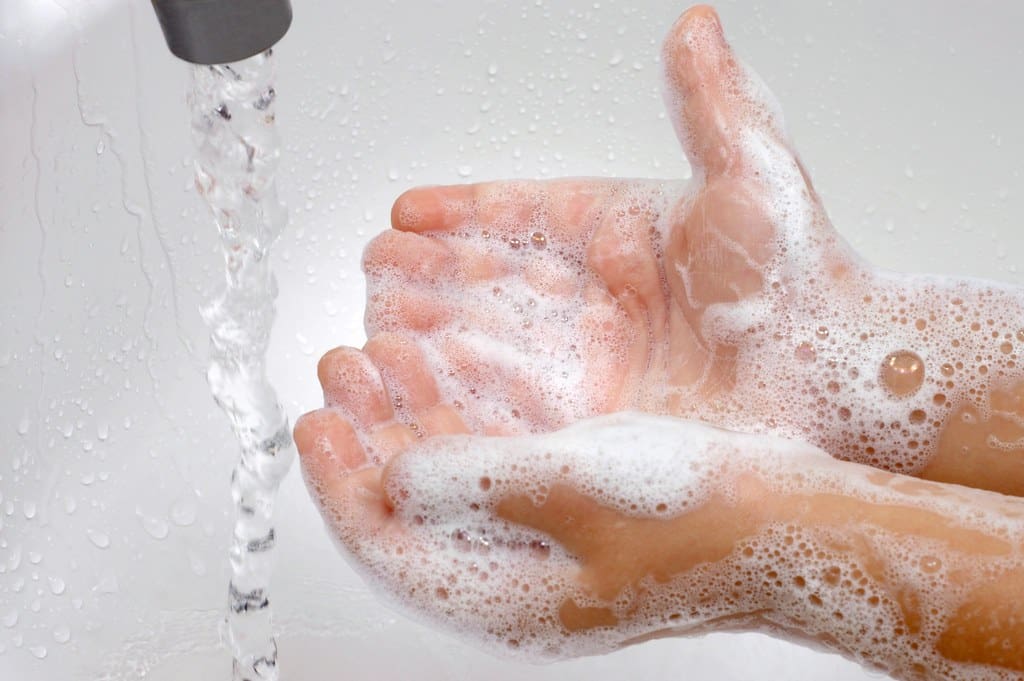
Mud play is messy, so cleanup is inevitable afterward. But it’s important to be sure that children thoroughly wash their hands afterward to prevent any harmful bacteria from entering their bodies. It’s also important to teach kids not to put mud in their mouths or touch their faces while dirty. You may want to have some materials on hand to help kids wipe their faces or scratch their nose while they’re playing in the mud.
Reason 1: It Boosts Immune Systems
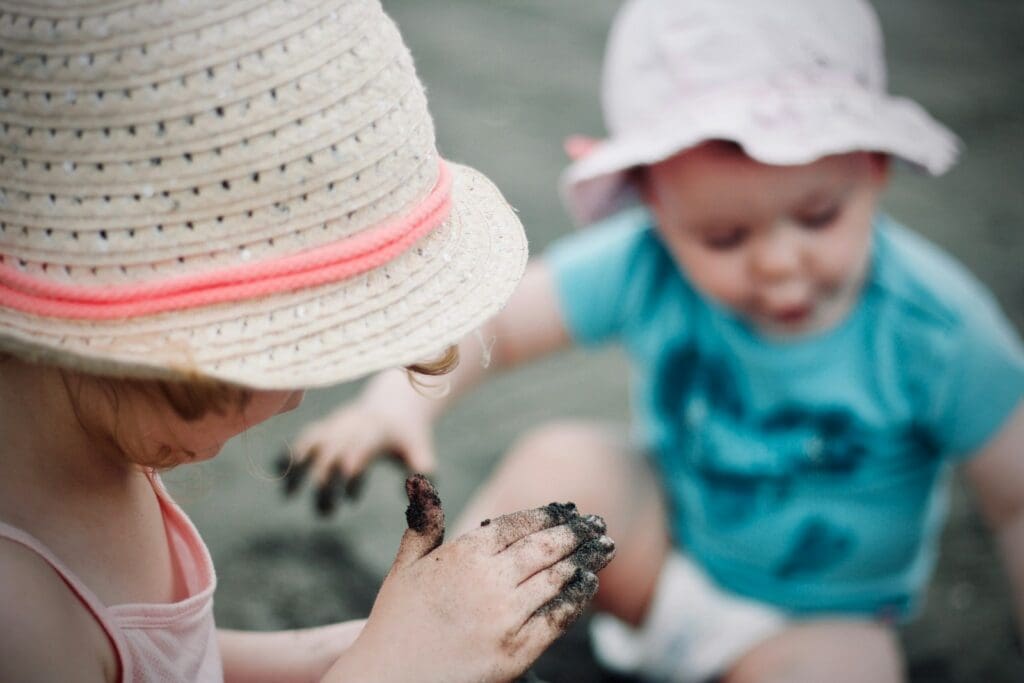
In non-contaminated play areas, exposure to the microbes in mud helps kids develop stronger immune systems, teaching their bodies to fight off harmful pathogens. This is an important element of childhood health and a good reason to allow some messy mud play now and then.
Reason 2: It Reduces Risk of Allergies

Interacting with a variety of microorganisms in the local environment can lower the risk of allergies like asthma, eczema, and hay fever. This can be seen in other ways, such as comparing kids who grow up in areas with more exposure to nature. It is a fact that children who grow up on farms or around pets are less likely to suffer from allergies.
Reason 3: It Prevents Autoimmune Diseases

Similar to allergies, regular microbial exposure can lower the risk of autoimmune diseases such as type 1 diabetes or multiple sclerosis by training the immune system to recognize harmless substances. While this seems storage, it is supported by a study at nature.com. Helping prevent certain diseases is a fantastic reason to allow children to get a little messy outdoors sometimes.
Reason 4: It Builds Resilience Against Common Illnesses
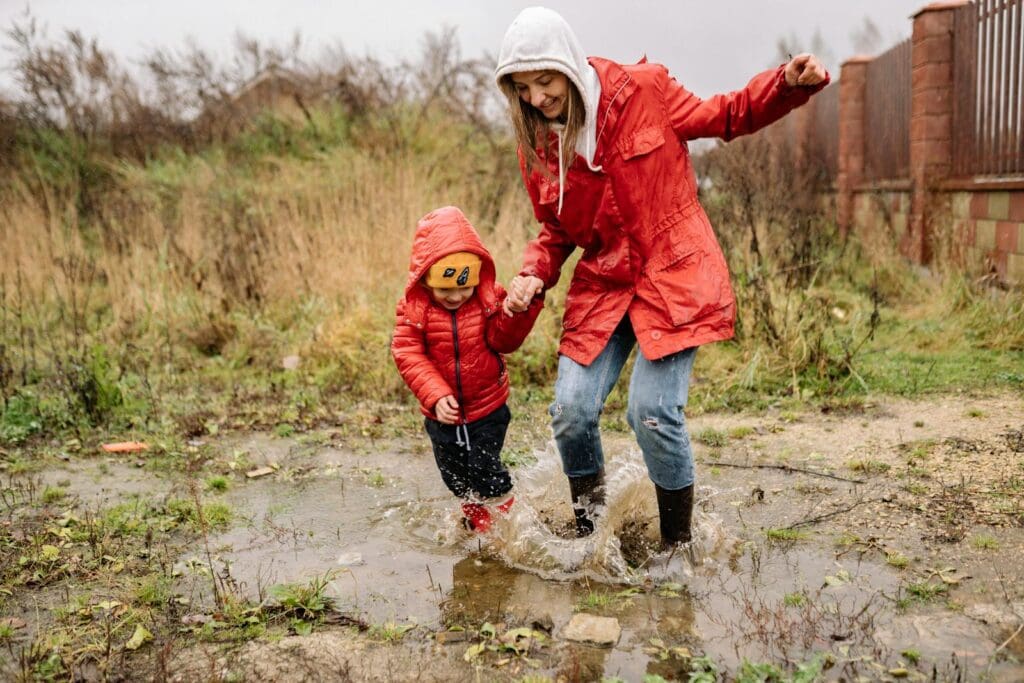
This is already a pretty commonly held belief among parents, but we’ll reinforce it. Early exposure to microbes helps the immune system handle everyday pathogens, reducing susceptibility to common childhood illnesses. Just like how going to school and being exposed to the germs of other children and adults can help strengthen immune systems, so can exposure to microbes in the mud.
Reason 5: It Promotes T-cell Development
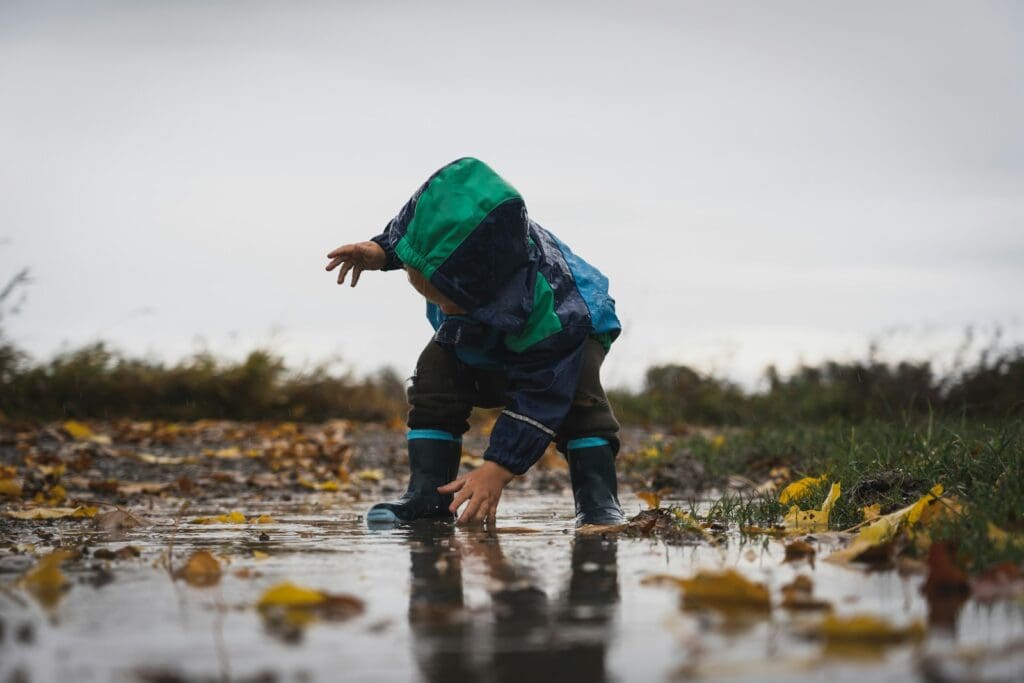
According to the National Library of Medicine, playing in mud aids the growth of regulatory T cells, which help prevent the immune system from attacking the body itself. Regarding T cells, the National Cancer Institute says they “are part of the immune system and develop from stem cells in the bone marrow. They help protect the body from infection and may help fight cancer. Also called T lymphocyte and thymocytes.”
Reason 6: It Enhances Brain Development

Many researchers agree that the experience of playing in the mud (touching, smelling, and manipulating textures) stimulates brain development, improving cognitive skills and sensory integration. Most parents understand that children should be exposed to all kinds of pleasant stimulation early in life to help them explore and understand the world around them. Mud is no different. But again, take common sense precautions to make sure your child doesn’t ingest mud.
Read More: 10 Reasons to Put the Pumpkin Spice Latte Down
7. Reduces Stress and Anxiety
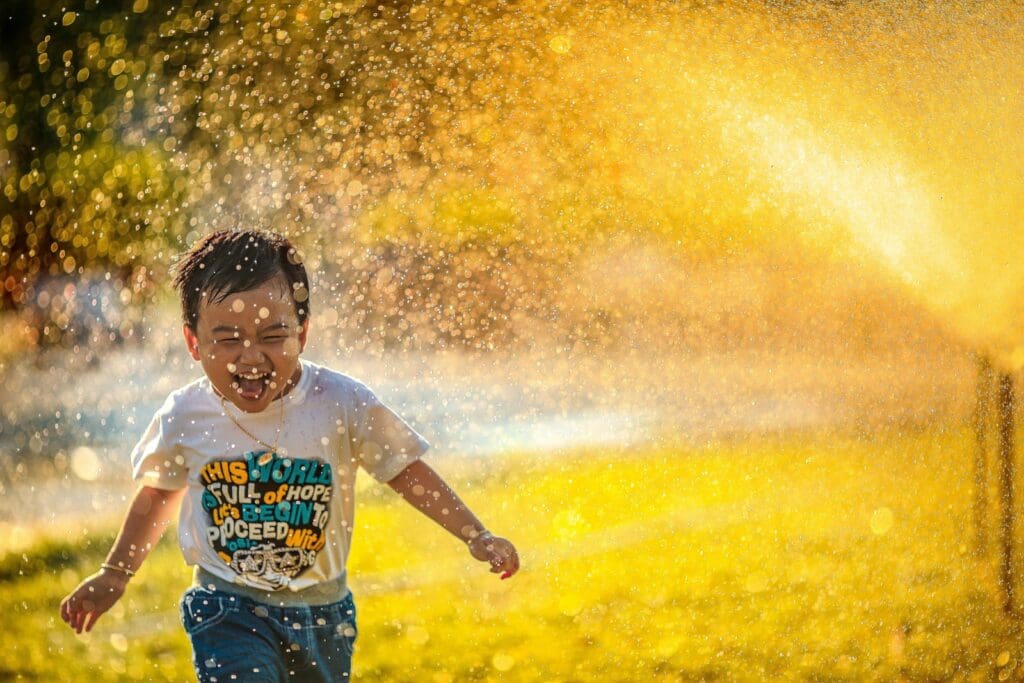
Mud play is a sensory activity that can reduce stress in children. Just like building a sandcastle or making shapes with Playdough, playing in the mud can have a calming effect. It gives kids something to focus on that doesn’t require stress or pressure. Sometimes it’s okay for them to put the puzzle pieces down and just make some mud pies!
Read More: The 15 Best Foods for Your Immune System
8. Improves Mood Through Serotonin

A study at the National Library of Medicine showed that mycobacterium vaccae, a bacteria in soil, is linked to serotonin production, which can improve mood and reduce symptoms of anxiety and depression. It’s pretty crazy how something out of the ground can affect our mood, but it’s easy to forget that humans rely on nature as much as anything else in this world to achieve a positive mood.
Read More: This is Why You’re a Perfectionist… and It’s Not Good
9. Encourages Physical Activity
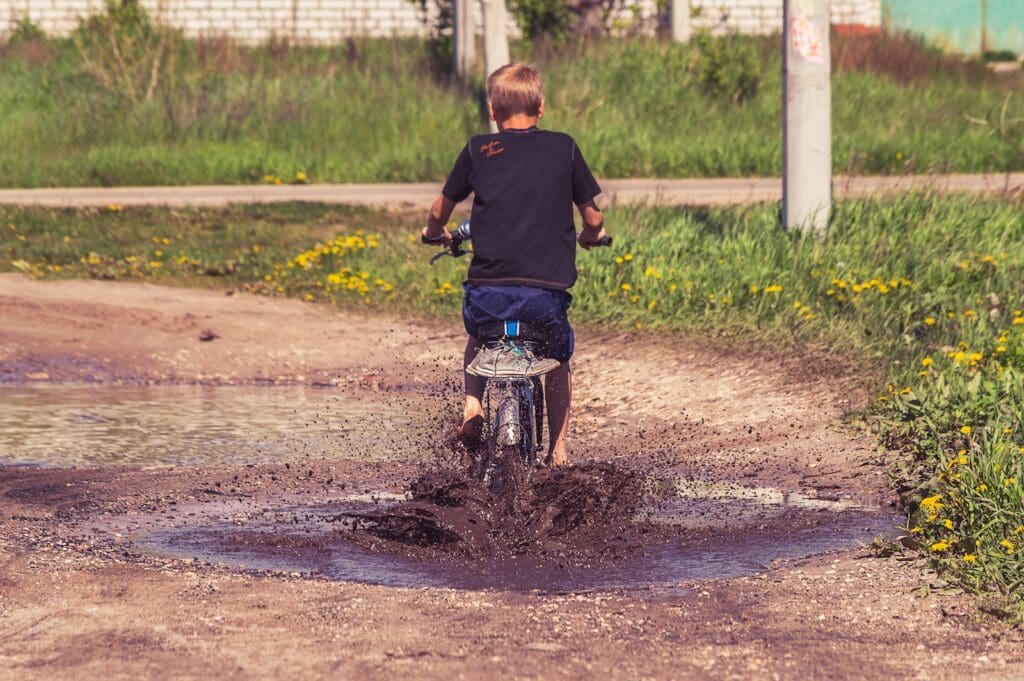
Playing outdoors and in mud promotes physical exercise, which boosts circulation and stimulates the production of immune cells. Physical activity is one of the most important elements of childhood development, and mud play is a fun way to get physical. Whether they are building with it, slinging it around, or riding their bikes through it, mud play is a satisfying experience for most kids.
Read More: The 10 Ingredients Most Likely to Trigger Food Allergies
10. Supports Emotional Resilience

Mud can be frustrating! It isn’t always agreeable and sometimes it looks and feels gross. Experiencing and enjoying nature through this kind of play helps children build emotional resilience, enhancing their ability to cope with challenges.
Read More: 10 High-Paying Careers in Child Development

